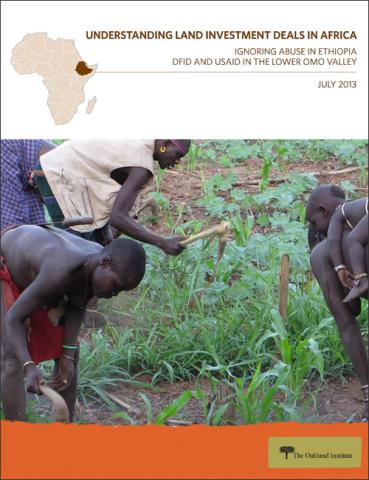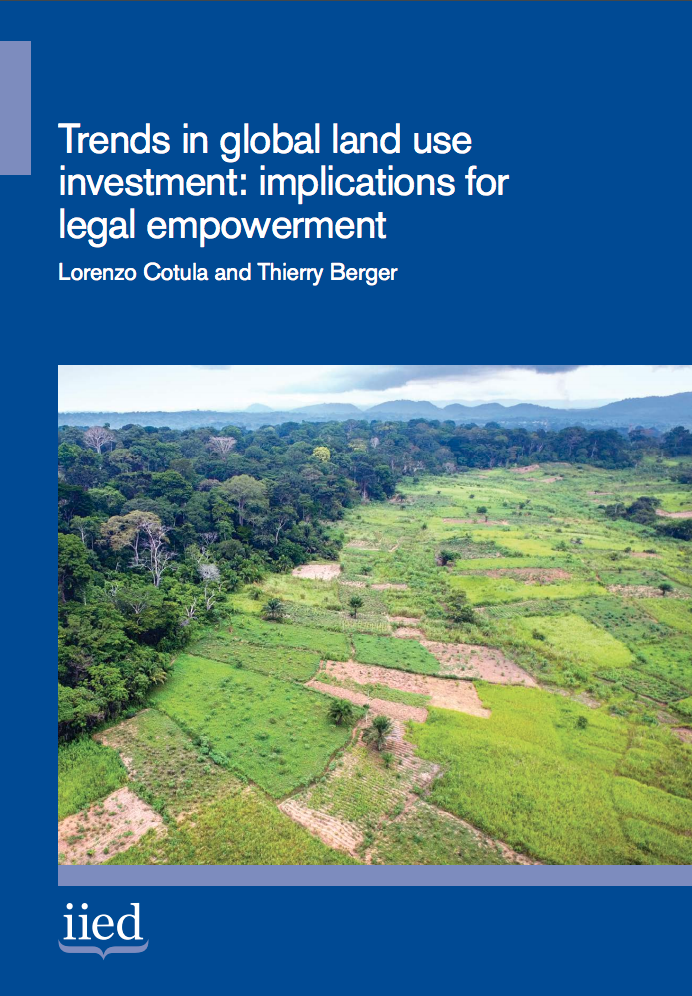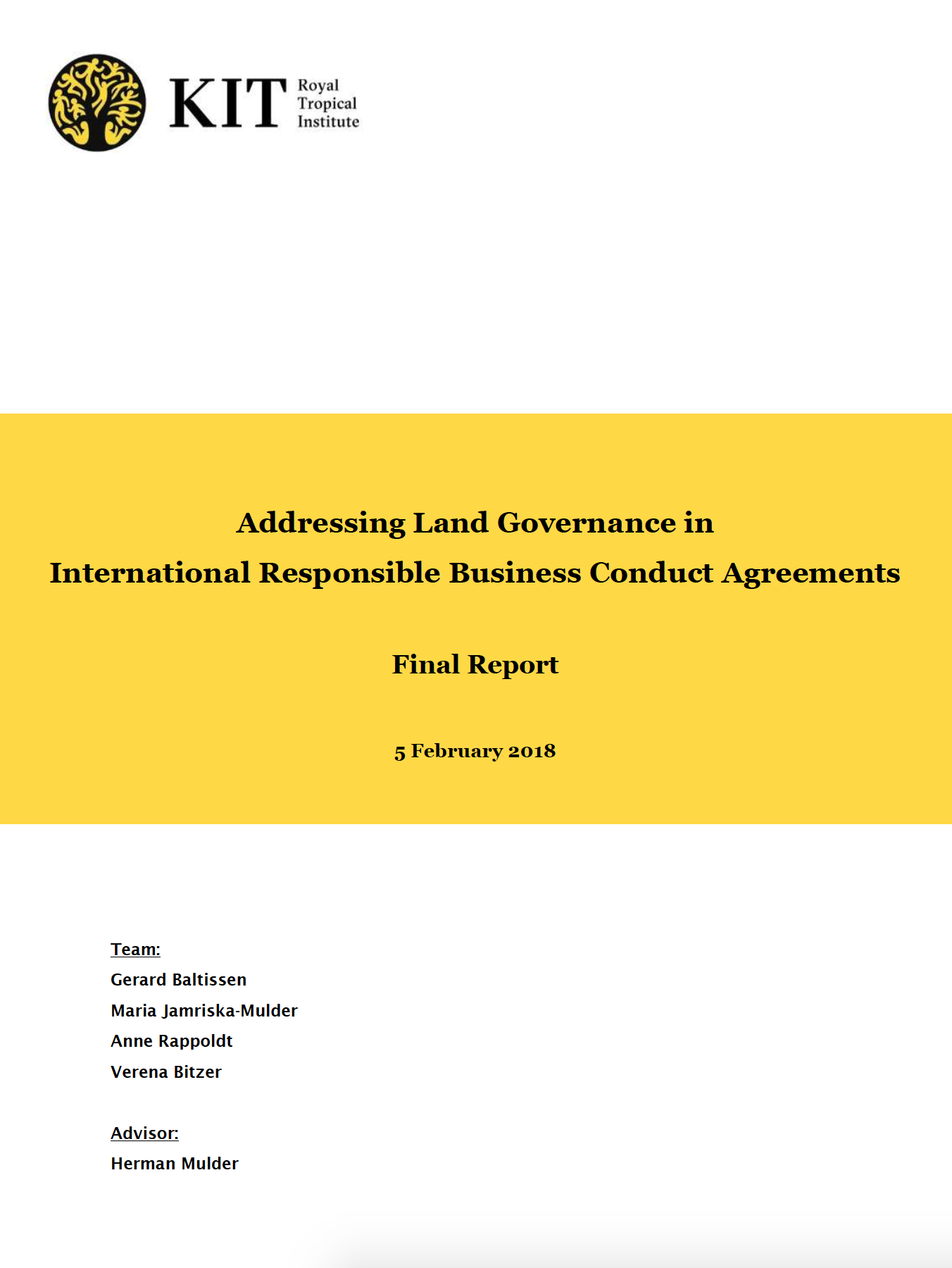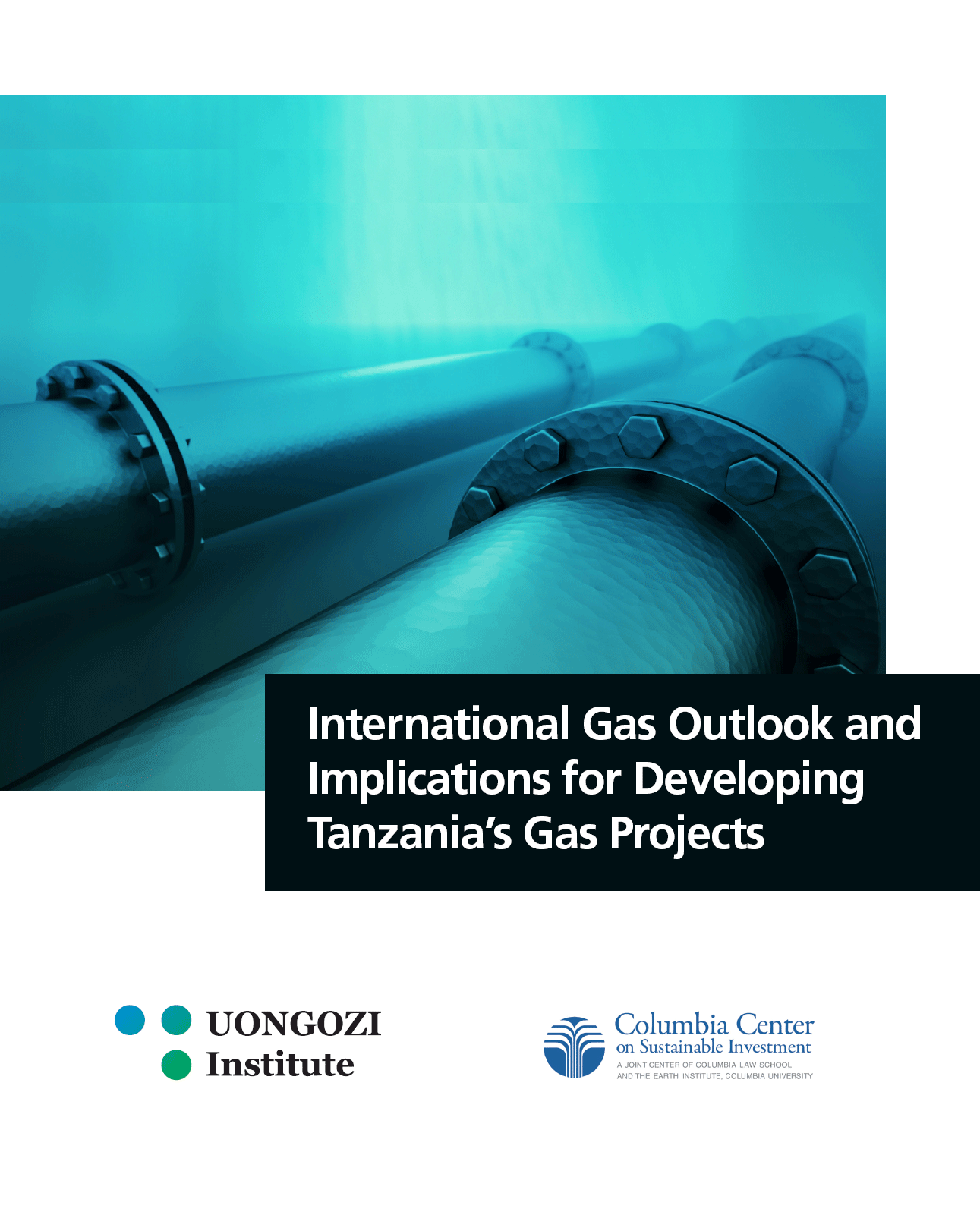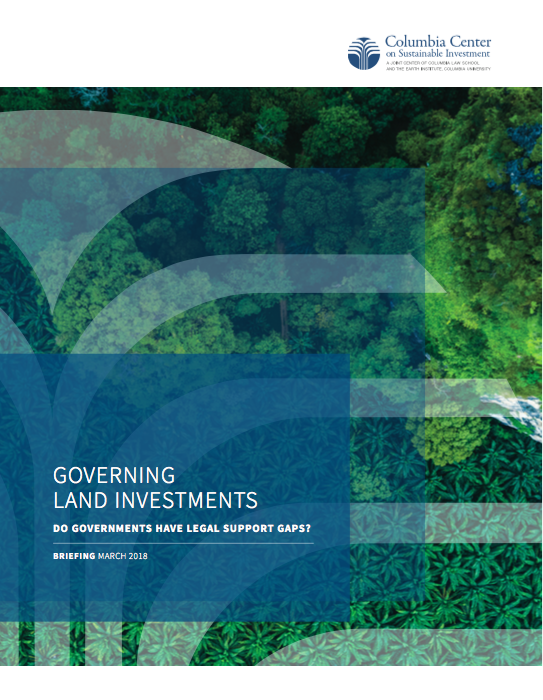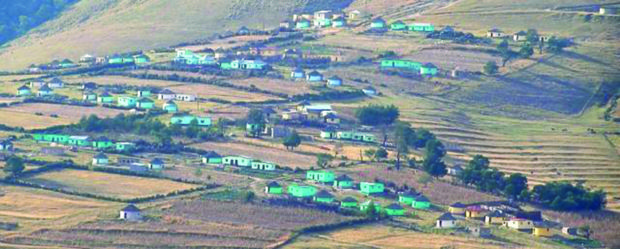UNDERSTANDING LAND INVESTMENT DEALS IN AFRICA
Southern Ethiopia’s Lower Omo Valley is one of the most culturally and biologically diverse areas in the world, yet the Ethiopian government is transforming more than 375,000 hectares (1450 sq. miles) of the region into industrial-scale plantations for sugar and other monocrops.

